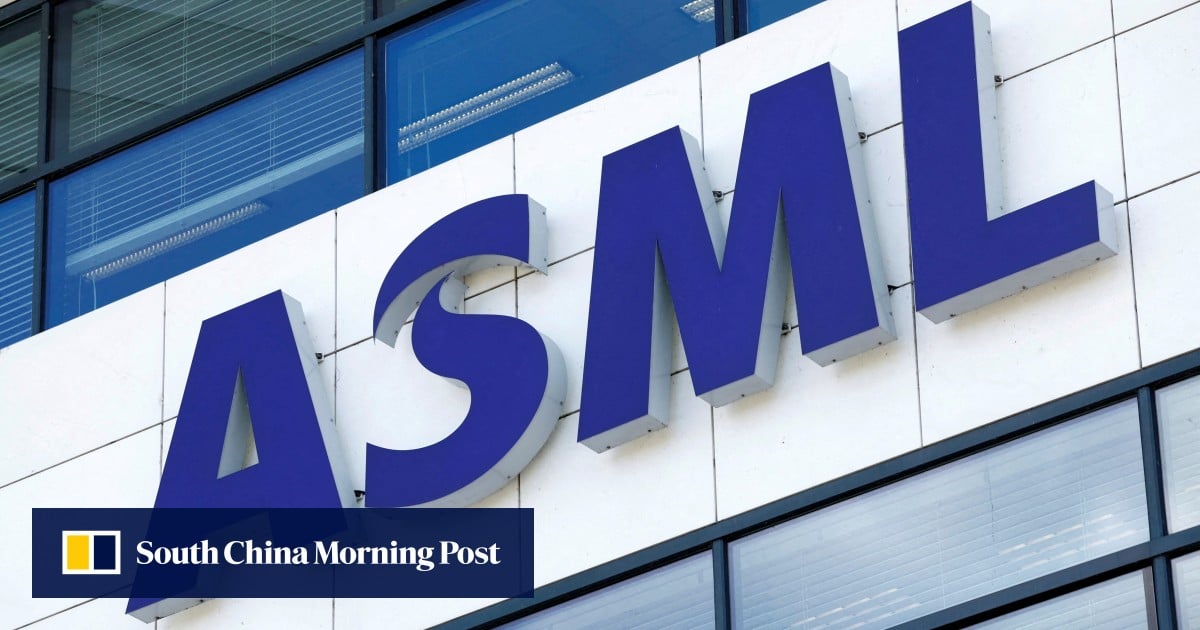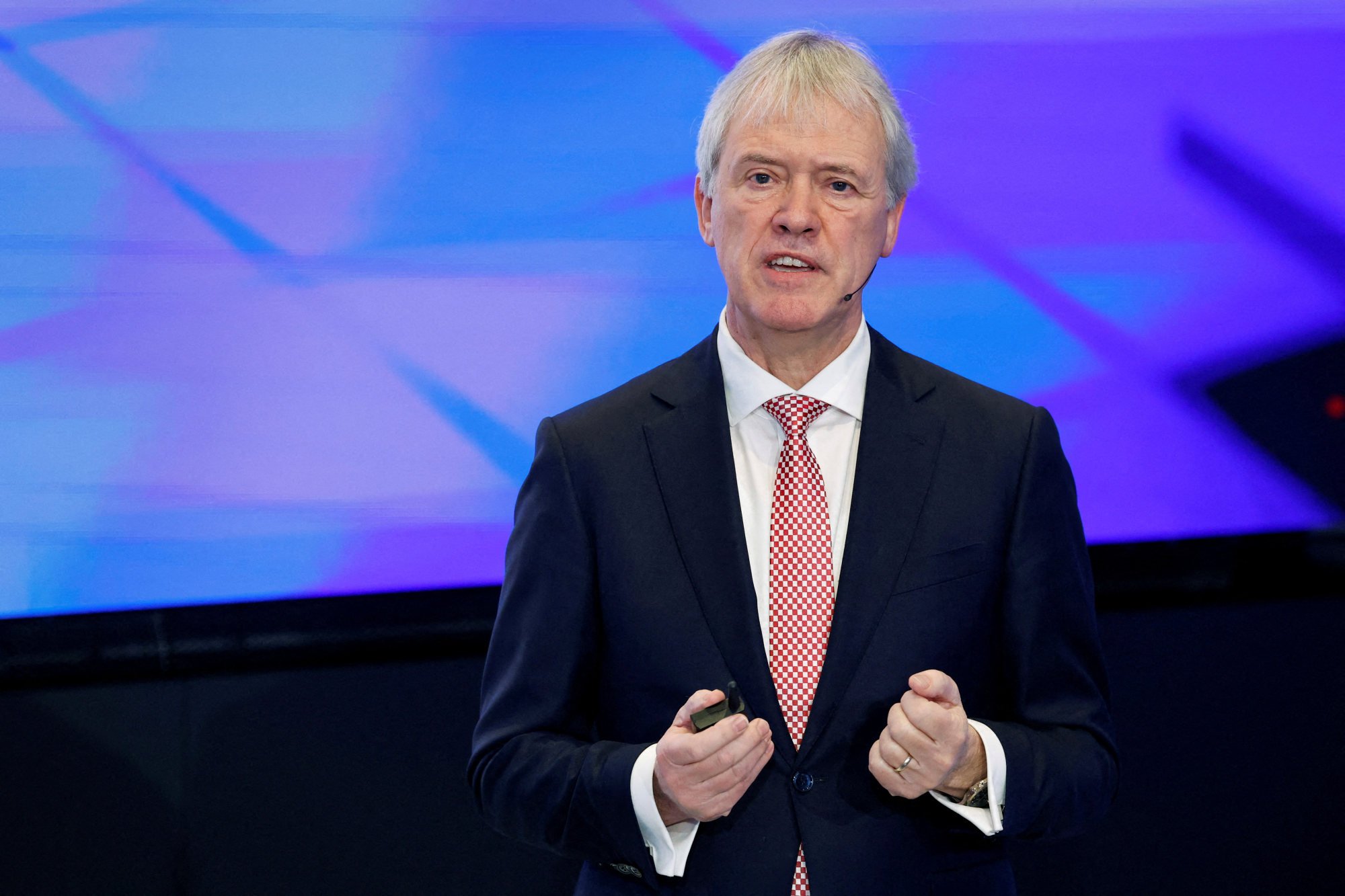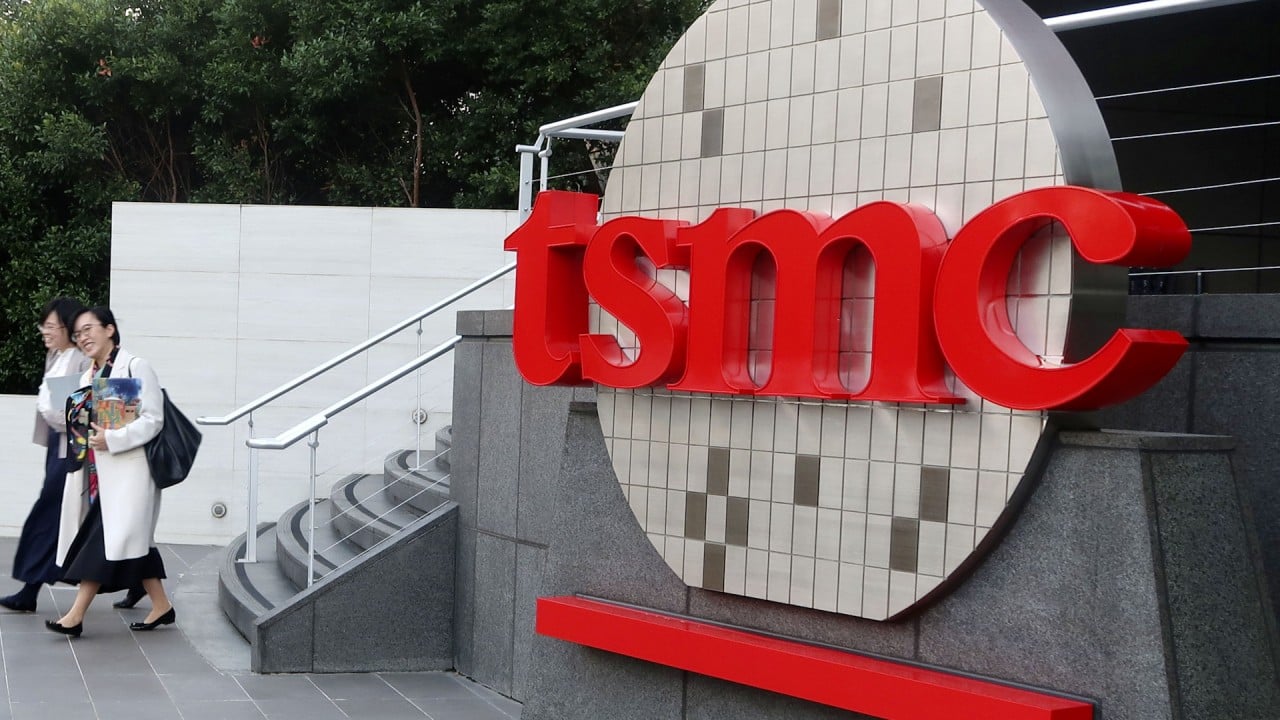
17 Mar Tech war: ASML’s threat to expand outside the Netherlands is watched with interest in China
While China is not known to be a primary consideration in ASML’s expansion plans, pundits and social media users in the country seem to have projected their own frustrations onto the European company.
Xiang Ligang, founder of Beijing-based telecoms information portal CCTime.com, said that ASML’s considerations reflect its disappointment over deprived businesses in China.
“The Dutch government bowed to US pressure by suspending ASML’s export of deep ultraviolet (DUV) lithography systems to China, which was not only a blow to China but also to ASML,” Xiang wrote on Chinese microblogging platform Weibo.
“ASML’s only way out is to look for a new location. If the Netherlands can’t safeguard the company’s interests, ASML has to find another country that can offer protection.”
Chinese social media are full of speculation that ASML wants to expand beyond its home country partly because it has had enough of US-led pressure to limit the company’s sales to China, the world’s largest semiconductor market and an avid consumer of ASML products.
But analysts say US rules that restrict the sales of advanced DUV machines to China would apply to ASML even if it were to relocate to other parts of Europe.
“Moving to France would not fundamentally change ASML’s situation in terms of export controls,” said Jan-Peter Kleinhans, director of technology and geopolitics at Stiftung Neue Verantwortung, a Berlin-based tech-policy think tank.
ASML has not cited China as a reason to potentially expand outside the Netherlands. The company declined to comment when reached by the Post on Friday.
A relocation by ASML to France would also be impractical because the firm lacks suppliers and a large customer base in the country, according to an ASML engineer, who asked not to be named as he was not authorised to speak with the media.

The person added that, technically speaking, it is more likely for ASML to move facilities to Germany, but the overall possibility of a relocation is low because that would involve higher costs.
ASML has three offices in Germany and one in France, according to the company’s website. Christophe Fouquet, chief business officer and a French national, will take over when CEO Peter Wennink retires in April.
The company, which has 13 offices across China, is one of the most important suppliers of lithographic tools, which are crucial for advanced chip manufacturing. Last year, tightened export controls on advanced systems cut 15 per cent of the company’s system sales in China.
Still, ASML continues to receive strong demand in China for less advanced mature-node systems. China-based customers accounted for 29 per cent of the firm’s total system sales last year, up from 14 per cent in 2022.
Strong China demand for chip tools bolsters revenue at Lam Research and ASML
Strong China demand for chip tools bolsters revenue at Lam Research and ASML
Rather than China, the most likely reason behind ASML’s expansion plan is concerns over Dutch immigration policies, according to analysts.
“All the fuss about ASML’s [partial] departure from the Netherlands should be seen mainly as part of ASML’s lobbying to maintain the flow of [skilled] immigrants,” said René Raaijmakers, Dutch technology writer and author of ASML’s Architects.
Nearly 40 per cent of ASML’s 23,000 employees are from abroad, according to a report by Dutch media De Telegraaf. However, the Party for Freedom won the election partly on its anti-immigration stance.
The Dutch government is trying to convince ASML to stay by addressing its concerns, including the supply of skilled workers, according to reports by Reuters.

